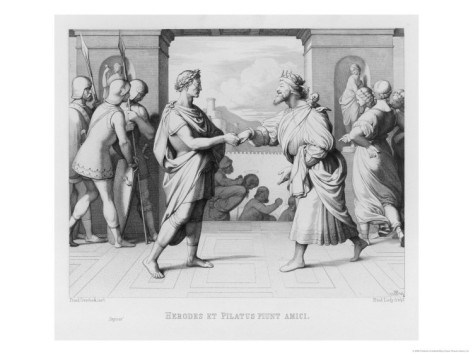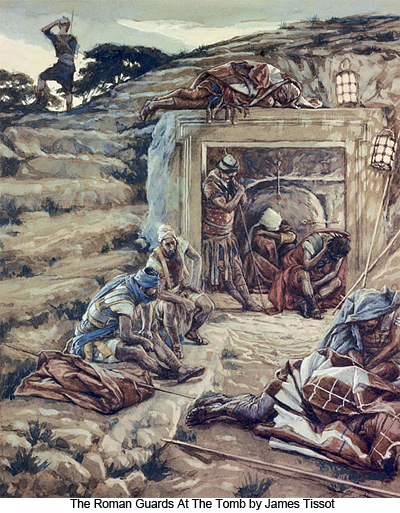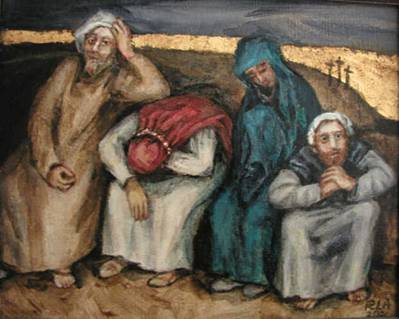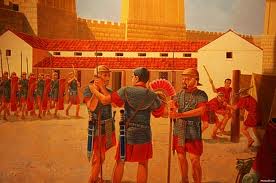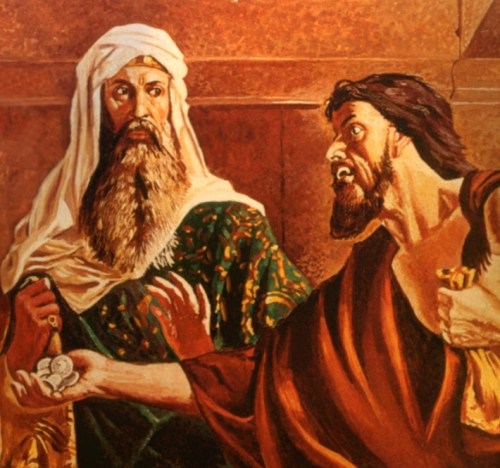
Friends of Padre Steve’s World,
Over the past year or so this site has picked up a good number of new subscribers and sadly most of us will never get a chance to sit back and enjoy good intellectual conversation over a good craft or German beer or a nice bottle of wine. So if you would sit back and over whatever your favorite beverage may be take the time to let me wax eloquently about how the writer that you follow here got to be what he is.
I think my favorite character on television is Raymond “Red” Reddington, played by James Spader on the shoe The Blacklist. He is a very complex and troubling character, and the thing is I can understand him. His is a world of gray where he sometimes does the right thing for wrong reasons as well as the wrong thing for right reasons. His loyalties are personal and not ideological, he is a man of contradictions, as am I. Raymond Reddington one said, “Cultural peculiarities notwithstanding, I find cock fighting to be abominable. However, truth be told, I do love fried chicken.” I totally agree with that, sorry Vegan friends.
My regular readers know that I am a complex person as well. I am a Christian, a priest at that, who often doubts. I am also a career military officer who has been to war, come back from war different and hates it. But I also realize that as much of an evil as war is, that there are sometimes worse evils than war itself. That being said I find the thought of someone, perhaps like President Trump launching the world into a nuclear war with North Korea to be opposed at all costs by anyone with at least half of a functioning brain. My loyalty to the Constitution and the American people far outweigh any need that I might have to ingratiate myself to any would be tyrant.
Likewise I am very liberal and progressive in my political and social beliefs, but I serve in a profoundly conservative institution that is not always welcoming to my beliefs. I wasn’t always this way but it was my experience in Iraq that turned the tide and turned me into a progressive. Usually people get more conservative as they get older, that’s not me. I got liberal, started caring about civil rights for everyone, the growing economic inequity between the richest and everyone else, and rejected the theocratic leanings of some leaders of my former church. At a point in my life where I should by all means have become even more conservative based on my social status, education, and income, I went the opposite direction. I am not alone, I read an article that Tom Ricks wrote in 2014 in which he said very similar things to me. I personally know others who have made the same journey.
But that being said, even though I am a liberal and progressive at heart, my education as a historian and my life experience mitigates against me becoming an ideologue or zealot, and I am certainly not a revolutionary. Thus unlike zealots who I might agree with I tend take the time to wrestle with the issue and not react out of emotion or illogic. Even if I agree with someone I hate it when they through emotion or illogic make stupid arguments that are all to easy to dissect or discredit; not because they are wrong on the issue but because they don’t argue their point well. Let me explain.
I tend to be able to see and appreciate arguments of multiple points of view on almost every issue, and I wrestle with them, doing the best I can to do the right thing. Whether it is for the right reason or not, I don’t pretend to know because I make no pretense of being a saint. Maybe that is one reason I have friends on all sides of the political, religious, and ideological debates that rage about this country and in the world. I live in a world of shades of gray.
I love trying to understand all sides of a position which of course makes me a terrible ideologue, and even worse I love the thrill when I embarrass an ideologue of any kind using reason, logic, and throwing in the appropriate emotional twist to make it sweet. I discovered this as a short, introverted, history nerd in high school and college. I found that in debate classes I could take the opposite side of what I really believed and shred the person advocating for the exact position that I really believed due to my then rather fundamentalist Christian worldview; like my support of pro-life position of being against abortion and for the death penalty at the same time. It was in arguing the opposite side that I discovered how intellectually incoherent those positions were. When I got to seminary after my first active duty tour in the Army I continued my antics in arguing against positions that I actually at the time believed in, with similar results. In fact a number of my fellow students asked me why I wasn’t in law school and it wasn’t a compliment; nonetheless I relished it.
But as always I digress…
In the last episode of season three of The Blacklist, Reddington tells an assistant FBI director who he has been helping solve crimes, “I know so many zealots, men and women, who choose a side, an ideology by which to interpret the world. But, to get up every single day and do the hard work of deciding what to believe. What’s right, today? When to stand up or stand down. That’s courage.” From my experience I believe that to be the truth, and truthfully, I would rather deal with people that wrestle with this difficult world than rather than those whose beliefs are shaped by their ideology first, regardless of facts, divergence of opinions, history, science, reality, and experience.
But what bothers me in what I see going on in this country and around the world is that mass movements of ideologues and zealots of every persuasion, political and religious, those that have seized or are trying to seize power in many nations, and foment revolution. Captivated by ideological purity, they are unwilling to compromise and frequently label anyone that disagrees with them or the leader of their movement, even in the slightest manner as traitors or evil. Many times the zealots take no time to evaluate the quality of the merits of their movement or those that oppose them, their cause is right, their opponents are evil and need to be destroyed. I think the most distressing case is where the Nazis and German Communists worked together to destroy the Weimar Republic in the late 1920s and early 1930s.
Eric Hoffer wrote, “The quality of ideas seems to play a minor role in mass movement leadership. What counts is the arrogant gesture, the complete disregard of the opinion of others, the singlehanded defiance of the world.” Likewise, Hoffer noted something that I observe almost every day, that the zealots and ideologues of mass movements use anger and hatred to unify their followers. Hoffer noted, “Hatred is the most accessible and comprehensive of all the unifying agents. Mass movements can rise and spread without belief in a god, but never without a belief in a devil.” Believe, me, ask any ideologue of any type, and he or she will tell you who their devil is. But sadly history demonstrates that a mass movements of any type, political, ideological, or religious has achieved power, all opponents, especially those closest to them ideologically or religiously are the enemy, or to use Hoffer’s words “a devil.” The opponents closest to the ideologues ideology have to be destroyed or discredited first, before they can move on to battle their real opposites. Just look at history.
The ideologue cannot lose because he already knows his answer, the classic fundamentalist Christian quote, “God said it, I believe it, that settles it” is very much descriptive of other ideologically driven mass movements be they conservative or liberal. The ideologue’s attitudes are derived from their ideology and are often not subject to facts. I see it every day, especially on social media where partisans of evil persuasion fire broadside after broadside at all opponents, regardless of the facts, or even the fact that there may be more than one equally valid viewpoint on a subject. But then I tend to see everything in various shades of gray and not in black and white absolutes, and ideologues of all types frighten me, even those whose unbending beliefs are sugarcoated with millennial or utopian sentiments of the perfect world that will follow their victory. I know from history that such is not the case, in far too many instances first thing that radical, or self-proclaimed revolutionaries do after achieving absolute power is to kill.
Now as far as the President is concerned he is not a populist, nor an ideologue, and certainly not a revolutionary in the traditional understanding of the term. The only thing that he believes in is himself; he is certainly a narcissist and he demonstrates daily that he is a paranoid sociopath. His bottom line is himself, everything and everyone else is fungible. He is intellectually lazy and the only time he tells the truth is when he inadvertently reveals who he really is in his Twitter meltdowns.
His most prominent supporters tend to be people who know the truth about the man but through a combination of a lust for temporal power, his conservative Christian base; or greed, the Ayn Rand type libertarian-conservatives whose social-Darwinian greed makes them use him to enrich themselves. The former believe that Trump will help them usher in a theocracy; the latter believe that he will give the government over to them in order to help their profit margin. None of them have any principles and are committed to their respective ideologies as contradictory as they may be. None of them have any courage, and none of them will ever stand for anything.
Maybe that is why I like Raymond Reddington. He’s flawed and so am I. He does bad things. He is a manipulator; but he recognizes his moral and ethical shortcomings and wrestles with his own shortcomings. He is not always successful but he does make the attempt. I look at his character and I realize that in a different world or maybe an alternate universe I could be him.
All that being said, I really do think that real courage is to wrestle with reality every day and do the hard work of deciding what to believe; and today that may be different then tomorrow, but it will be based on reality and tempered by my often contradictory beliefs. Of course a true political ideologue or religious fundamentalist will condemn me to their version of hell for being that honest, but it is true. That is my uncomfortable reality, it may not be right, and my vision may be skewed and distorted, but it is what it is; and as Reddington said, “In the kingdom of the blind, the one-eyed man is king.”
As for you my readers I do thank you and hope that one day we may sit back and enjoy a drink together, possibly even toasting the “Immortal Lord Nelson.” But until that time thank you for taking time out of your day to read what I write and for your comments.
So until tomorrow,
Peace
Padre Steve+









